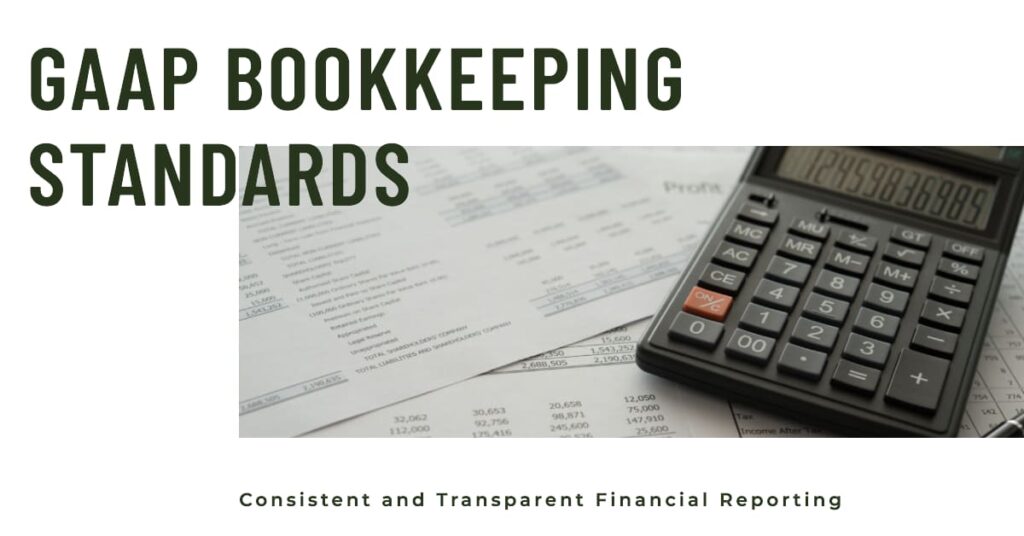Bookkeeping GAAP (Generally Accepted Accounting Principles) refers to the set of standard accounting rules and guidelines that govern financial reporting in the United States. These principles provide a framework for consistent and transparent recording, measurement, and reporting of financial transactions.
- Historical Cost Principle: According to this principle, assets and liabilities should be recorded at their original cost when acquired, and this cost is generally not adjusted for changes in market value over time.
- Revenue Recognition: This principle states that revenue should be recognized when it is earned and realizable, regardless of when payment is received. The timing of revenue recognition depends on factors such as the completion of services, delivery of goods, or meeting specific criteria outlined in accounting standards.
- Matching Principle: The matching principle requires expenses to be recorded in the same period as the revenues they help generate. This ensures that the financial statements accurately reflect the costs incurred in generating revenue during a specific period.
- Full Disclosure Principle: This principle emphasizes the need for companies to provide all relevant and material information in their financial statements and accompanying footnotes. It ensures transparency and allows users of financial statements to make informed decisions.
- Consistency Principle: The consistency principle states that accounting methods and principles should be applied consistently from one period to another. Consistency enhances comparability and enables users to analyze financial information over time.
- Materiality Principle: The materiality principle requires that financial information be disclosed if its omission or misstatement could influence the decisions of users of the financial statements. Materiality is assessed based on the nature and size of the item in question.
- Going Concern Principle: The going concern principle assumes that a company will continue to operate in the foreseeable future. This principle allows the use of historical cost accounting and assumes that assets will be used to generate future revenues.
Importance of Following Bookkeeping GAAP

- Consistency and Comparability: GAAP ensures that financial statements of different companies are prepared using consistent accounting principles, allowing for meaningful comparisons.
- Transparency and Reliability: Following GAAP increases the transparency and reliability of financial reporting, providing users with accurate and trustworthy information.
- Legal and Regulatory Compliance: Many countries require companies to follow GAAP in their financial reporting to comply with legal and regulatory requirements.
- Investor Confidence: Adhering to GAAP helps build investor confidence by providing them with standardized financial information that enables informed decision-making.
Challenges in Implementing Bookkeeping GAAP:

- Complexity: GAAP can be complex and involve detailed rules and guidelines, making implementation challenging for companies, especially smaller businesses with limited resources.
- Interpretation and Judgment: Applying GAAP often requires interpretation and exercise of judgment, which can lead to variations in implementation across different companies and industries.
- Updates and Changes: GAAP standards are periodically updated to address emerging issues, which can require companies to adapt their accounting practices and systems accordingly.
- Costs: Implementing GAAP may require companies to invest in training, systems, and professional expertise, which can pose financial challenges, especially for smaller organizations.
It is important for companies to understand and follow Bookkeeping GAAP to ensure accurate and reliable financial reporting, enhance transparency, and comply with legal and regulatory requirements. Adhering to these principles helps facilitate comparability and provides stakeholders with meaningful financial information for decision-making



